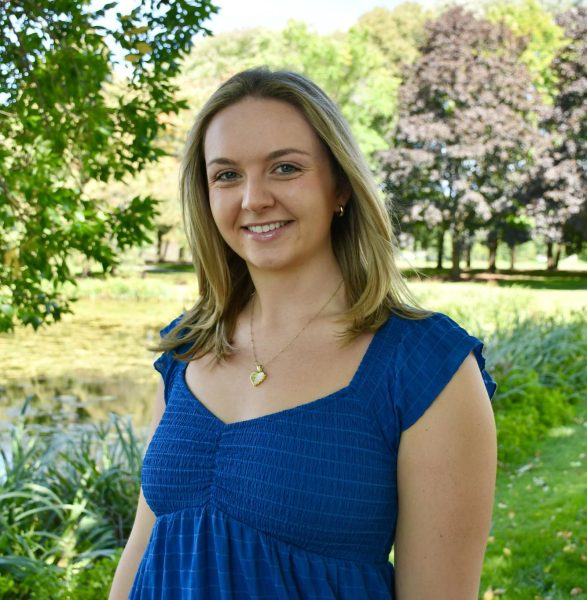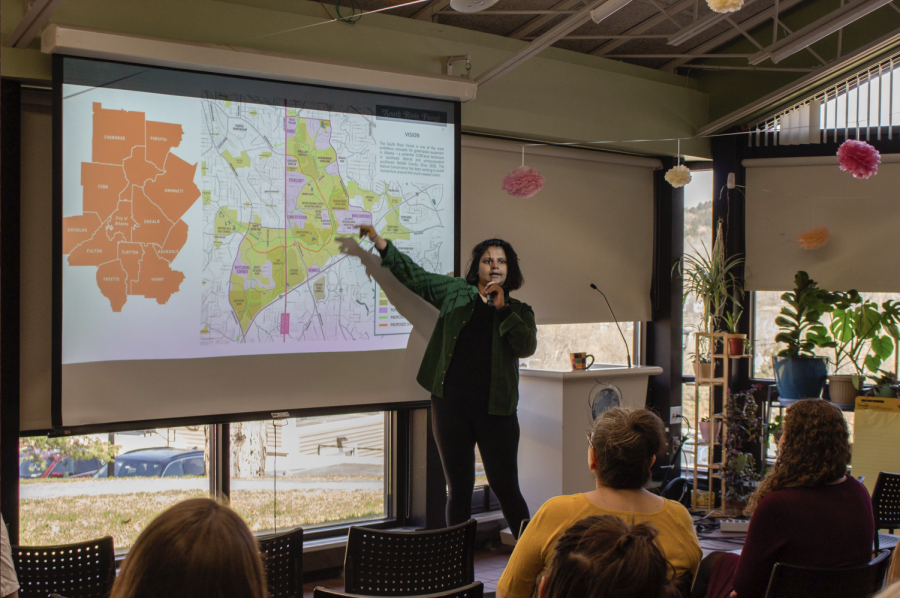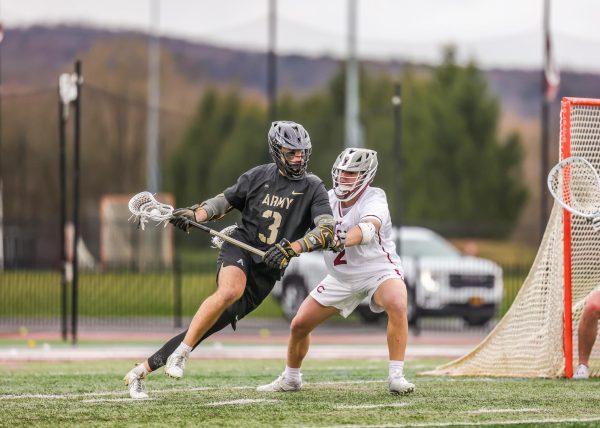ALANA Brown Bag Discussion Connects Environmental Justice with Racism
The ALANA Cultural Center hosted a brown bag event titled “Black Geographies and Environmental Justice: Lessons” on Wednesday, April 14. The discussion was led by Dr. Parvathy Binoy, a visiting professor in Colgate University’s environmental studies program.
This event mainly focused on the “Cop City Protests” that have been taking place in Atlanta, Georgia. On land that was once the Atlanta State Prison Farm, the Atlanta City Council has approved plans to build a police training facility, otherwise known as “Cop City” — a nickname given to the space by local activists. This plan has sparked public outcry, with opponents arguing that it takes away potential public green space within the South River Forest. They also note that the training facility, which will have a shooting range on the property, is in very close proximity to schools and residential neighborhoods.
Many feel that this new project also perpetuates issues of racism and anti-Blackness that have been historically prevalent in this area. Sophomore Nina Hallberg shares many of the sentiments discussed in the talk.
“I think by building Cop City at the location of a prison farm it exacerbates the histories of environmental racism and anti-blackness there,” Hallberg said. “Prison farms are a form of slavery, so to add a training center for cops, an institution that targets people of color, it’s really insensitive and sad. In one place there will be a reminder of the racist history of America and how it still thrives today.”
Binoy discussed how these patterns of racism extend beyond the city of Atlanta, where Cop City is being built.
“Black diasporic geographies extend across the Americas, Europe and Africa, and so anti-Blackness — as many scholars and activists have conceptualized it — is a global phenomenon,” Binoy said. “There are carceral/prisons here and across Upstate New York, as well, and ongoing structures of anti-Blackness and racism against incarcerated folks, migrant workers and other working-class folks. People are fighting for housing, for access to health or better working wages and conditions along with toxicity from pollution and waste.”
Binoy explained how groups of activists have gathered to protest Cop City in different ways. Protesters range from a local rabbi to groups such as Black Voters Matter and the Atlanta Solidarity Fund. One group, which calls themselves “forest defenders,” have set up camp in the forest in order to protect the land. This protest has led to police backlash and the charging of 27 people with domestic terrorism.
This Brown Bag event was a part of Colgate’s “13 Days of Green” event, which is taking place from April 10 through April 23. Other events that will be taking place include film screenings, painting with local pigments, environmental justice trivia and an Earth Day bird walk.
These events are very important for the Colgate community and beyond, in order to teach students and faculty about their impact on the environment and what they can do in order to become more sustainable. Sophomore Aidan Guller thinks that events like “13 Days of Green” are extremely important to the Colgate community.
“I think it’s important for Colgate to host these types of events because, on this campus, we don’t always hear about other areas and the environments they face,” Guller said. “I think that it’s important to think about areas outside of the Colgate bubble. Also, no changes will be made to how the environment is treated if people aren’t informed and aware.”
Binoy noted how discussing Atlanta’s Cop City brings together issues of anti-Blackness and environmental justice in ways that are not often seen as connected.
“Whether you attend this event or not, stay informed, aware and conscious of how anti-Blackness, settler colonialism and, therefore, showing up in whatever ways you can against these structures is key to environmental justice — here and globally,” Binoy said. “Being persistent, passionate and committed to the Earth has to also come with being anti-racist and anti-patriarchy.”

Claire Dodds is a senior from Cresskill, N.J., concentrating in international relations with a minor in art history. Previously, Claire has served as Arts...







